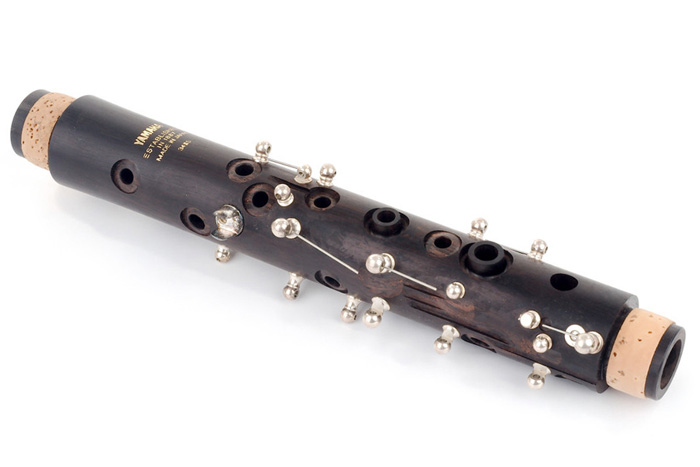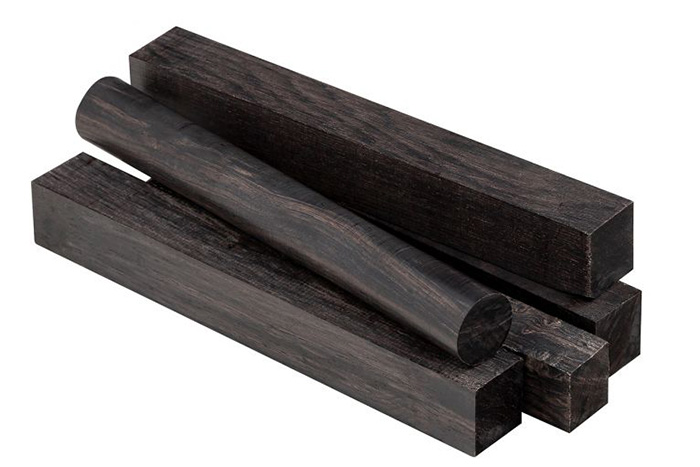Sustainable Production Methods
9th December 2020Do you know where the wood for your Clarinet came from? What do you know about the methods used to obtain or produce it? Have you considered the full lifecycle of your musical instrument (of any type) from raw materials to your hands? Many of us probably don’t give enough thought to these questions. Here at Dawkes we’re determined to bring you more information about the sustainability of products, and learn more from our suppliers about the responsible actions they take in production.
We’ve been lucky enough to visit factories and manufacturers around the world and can say that all things are not equal. From the way raw materials are procured to the conditions that are present in the factories. This can be to do with workers, materials and disposal of waste. Running a responsible operation comes at a financial cost and sometimes if instruments are extremely cheap, it’s worth considering why.
In this first blog we check out Yamaha’s commitment to a more sustainable future and methods of production…

Yamaha’s commitment to sustainable timber procurement for clarinet making
As the world’s largest musical instrument producer, Yamaha believes in the power of music making to inspire creativity, build communities and help people make a positive impact on the world. And as many musical instruments are primarily made of wood, Yamaha is equally committed to minimising its impact on the natural world through a series of strict policies and directives designed to better conserve this precious resource and to ensure its availability for continued use in the future.
The Yamaha Group Timber Procurement Policy sets forth directives for timber usage while the Yamaha Supplier CSR Code of Conduct clearly stipulates points related to the harvesting and trading of timber resources that suppliers are requested to observe. This policy and code guide the Yamaha Group in conducting sustainable procurement that is friendly to the environment and biodiversity and in fully utilising timber, a highly renewable resource, without waste.
Putting tree planting at the heart of forest management
Sourced in Tanzania and used in the manufacturing of Clarinets, African Blackwood is classified as near threatened by the Red List of Threatened Species compiled by the International Union for Conservation of Nature and Natural Resources, and a downward trend in the resource volume has been seen in recent years. After investigating the management of forests and the ecological status of the trees within them, including distribution, growth, and natural regeneration, Yamaha discovered that sustainable procurement is possible with proper forest management.
So in the three years to 2020, Yamaha has initiated the planting of approximately 6,000 seedlings. The ongoing monitoring of growth after planting confirms the survival and growth of around 80% of the roughly 1,500 seedlings originally planted in 2018. As the fundamental knowledge required to raise high-quality trees is accumulated, so Yamaha continues to embed and expand seedling cultivation and tree planting activities at the heart of forest management activity for the local community. In addition, Yamaha has formed partnerships with local timber producers and is conducting initiatives aimed at the effective use of existing resources, including procuring timber from forests that have been certified as being sustainably managed and improving the usage efficiency of wood materials.

And timber is just the start…
In addition to activities designed to ensure the sustainable use of natural materials, Yamaha is developing alternative materials such as biomass-derived resins that can be substituted for scarce timber and adopting sustainable materials. At Yamaha’s Xiaoshan plant in China which manufactures student wind instruments, approximately 80% of wastewater is now reused for manufacturing processes since the installation of a treatment facility that purifies wastewater to the level of pure water. And, of course, the Yamaha Group complies with laws and ordinances related to recycling products and packaging in relevant countries and regions.
Further Reading
- Yamaha Group Timber Procurement Policy
- Yamaha Supplier CSR Code of Conduct
- Environmentally Friendly Products and Services
- Initiatives to Extend Product Lifespans
- Yamaha Environmental Data
- Protection of Biodiversity (Water Quality Preservation)
Prevention of Pollution (Monitoring of and Compliance with Laws and Regulations)